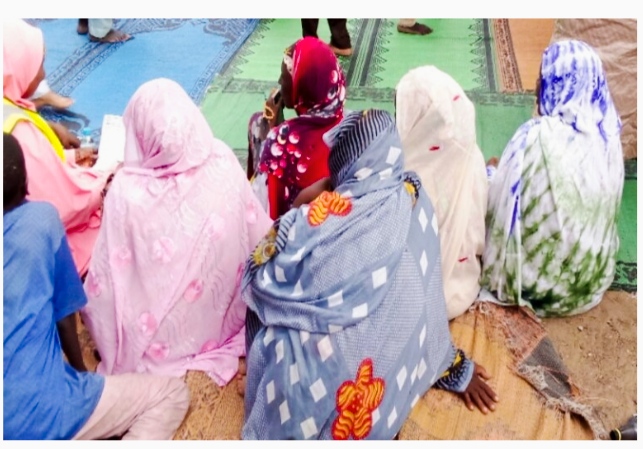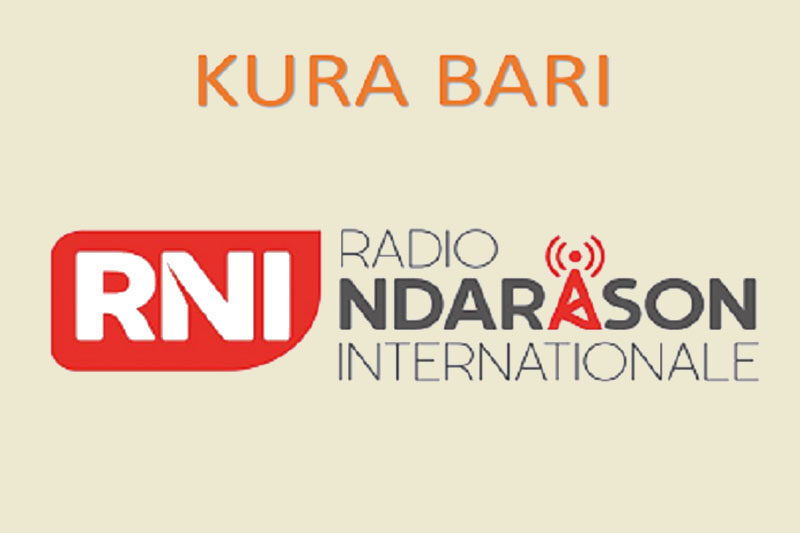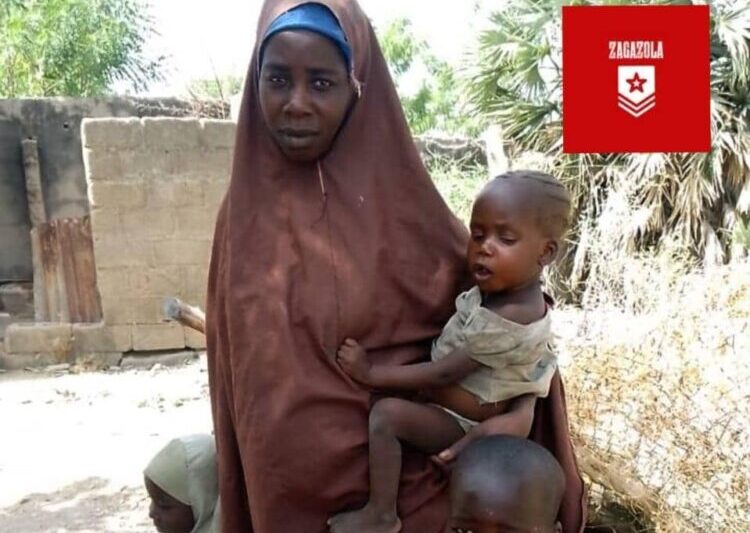Food supply in Nigeria is unable to meet the needs of the entire population. Agricultural yields are some of the lowest in the world. Postharvest losses are high, with more than 10% of production for several food groups lost postharvest. Available food processing is predominantly not automated and limited road networks and poor infrastructure cause delays during the transportation and distribution of foods, resulting in poor food safety.
This is according to a report put out by federal government’s ministry of finance, budget and planning which, with the support of the United Nations, held a two-day workshop on the implementation of National Pathways to Food Systems Transformation on Thursday and Friday, July 7 and 8.
The workshop was held at the Musa Usman Secretariat, the international conference centre in Maiduguri. Participants came from the Adamawa, Taraba, Gombe, Bauchi and Yobe states and it was hosted by Borno State.
Isa Hussaini Marte, chief of staff in the Borno State government, told RNI that the workshop was to make people more aware of food security, employment opportunities in agribusinesses and to advance agricultural activities in Borno State, especially in resettled communities.
“Of course, the area of food security is paramount, particularly for our internally displaced persons [IDPs] who have been resettled back at home. If we use this opportunity effectively, we will be able to provide job opportunities for them so that they can produce food to eat and to sell.”
The report said hunger had been on the rise in the country and 44% of the population were classified as moderately to severely food insecure in 2017 – 2019. In 2018, 68% of children six months to five years old and 58% of women of childbearing age had anaemia; 12% of women were underweight and 28% were overweight or obese; 37% of children younger than five had significantly stunted growth and 7% were too thin.
Prevalence of diabetes among adults increased from 3% in 1980 to 6% in 2014. Almost a quarter (24%) of adults had high blood pressure in 2015. In 2019, more than 40% of Nigerians lived in poor households (spending less than ₦137,430 per person in the household per year) and food accounted for 57% of total household expenditure nationally. According to a 2017 report, 72% of Nigerians could not afford a diet that was adequate in essential nutrients and 91% could not afford healthy diets that met all food group recommendations, including fruits and vegetables.
It said agricultural practices in Nigeria had contributed to high susceptibility to soil degradation and erosion. More land was being converted to agricultural use instead of scaling up more environmentally friendly practices, such as increasing the number of cropping cycles in a year and increasing yields.
The poor functioning of national food systems had worsened because of the COVID-19 pandemic, as well as escalating unrest, conflict and violence across the country.
Participants emphasised the expectation that improved food systems would deliver several outcomes, including higher incomes and reduced poverty among smallholder farmers. This would enable farmers to spend more money on their children’s education.
The report said that through improved food systems, it was expected that women would have greater access to food production resources and/or processing inputs, increased control over resources, greater involvement in decision-making and increased assets ownership. Improved food systems would lower the prices of nutritious foods, increase affordability and increase the availability of foods during their off seasons.
Also, there would be guidelines to educate the public about healthy diets and healthy food choices, resulting in improved immunity and reduced incidences of both communicable and noncommunicable diseases, evidenced by lower volumes of patients visiting health facilities.
Marte said the workshop was critical, especially as Borno State was emerging from the insurgency. The Borno State government would produce guidelines to ensure all the local government areas could produce enough food for the whole state. The government would provide funding and invest in agribusiness activities.
“By addressing the issues of abject poverty, insecurity, climate change, as well as investing in agricultural production, we can feed ourselves and even export to neighbouring countries in the Lake Chad Basin region. Food is vital and agriculture is the way to go. If we don’t have food, there won’t be peace. A hungry man can steal, can even become violent, but if you give him the opportunity, he will not only provide food, he will also have a job and become self-reliant.”
Marte said introducing technology, such as mechanisation, would encourage young people to produce food. “They would not like to take a hoe and start digging in farmlands as our forefathers did, so we have to introduce technology, we have to do research, we have to bring some innovations to make sure that we are at a comparative advantage,”
Adamu Lawan, the commissioner of finance, budget and planning in Borno State, told RNI that the workshop was an opportunity to look at the way things were being done and discuss better ways going forward. Each state could compare with others to see which was doing best and compete favourably with one another. This was also something that could happen with neigbouring countries.
Marte said the outcome of the dialogue would translate to more food production, reducing poverty and hunger, as well as providing jobs for young people, particularly for internally displaced persons (IDPs).
He said the United Nations remained supportive and would continue to help improve agricultural activities, food security, job creation, as well as reducing poverty among young people and women.
Bakura Bukar, a participant and also a farmer, told RNI that the workshop had centred on issues related to food insecurity and conflict. It highlighted the importance of peace and stability, without which no farmer could engage in agribusinesses. He used the example of the ongoing Russia-Ukraine war which had greatly affected food production globally.
“So, it’s imperative for the Nigerian government, as well as the private sector and individuals, to advance agricultural activities to ensure national food security. But they first have to address the challenges of insecurity, especially in the northeast where the 13-year insurgency has caused massive destruction of lives and property, displacing millions. Farming activities have suffered a setback not only in the northeast but also in the Lake Chad Basin region, where many farmers could not cultivate their farmlands because of insecurity.
“We are hoping that the workshop will encourage the federal government, international donors, as well as the private sector and individuals, to work together to improve all agricultural activities to ensure food security. They need to find solutions to the issues of insecurity through peace-building initiatives, reducing poverty and hunger. They should support local farmers by investing in agricultural activities and creating job opportunities for all, but especially for young people.”
Mohammed Aji, an IDP, told RNI that he had heard about the awareness workshop on the radio but the problem was the issue of implementation.
“If the government can implement and take action to end the security issues, the proposals will work. But, as it stands, insecurity and agriculture do not work. We want to start going to our farms. We want to work. We will go straight away, but security must be ensured.
“We have been living here in Koshari for so many years without adequate food or social services. We hope that through this workshop the government will address the issues of insecurity and support farmers so that they can start working their lands again. We are tired of being hungry; we want food to be available as it was before the insurgency.”
SHETTIMA LAWAN MONGUNO








